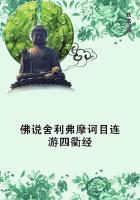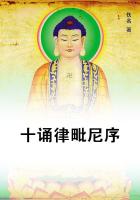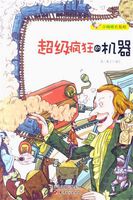IN SOME representative constitutions the plan has been adopted of choosing the members of the representative body by a double process, the primary electors only choosing other electors, and these electing the member of parliament. This contrivance was probably intended as a slight impediment to the full sweep of popular feeling; giving the suffrage, and with it the complete ultimate power, to the Many, but compelling them to exercise it through the agency of a comparatively few, who, it was supposed, would be less moved than the Demos by the gusts of popular passion; and as the electors, being already a select body, might be expected to exceed in intellect and character the common level of their constituents, the choice made by them was thought likely to be more careful and enlightened, and would in any case be made under a greater feeling of responsibility, than election by the masses themselves. This plan of filtering, as it were, the popular suffrage through an intermediate body admits of a very plausible defence; since it may be said, with great appearance of reason, that less intellect and instruction are required for judging who among our neighbours can be most safely trusted to choose a member of parliament, than who is himself fittest to be one.
In the first place, however, if the dangers incident to popular power may be thought to be in some degree lessened by this indirect arrangement, so also are its benefits; and the latter effect is much more certain than the former. To enable the system to work as desired, it must be carried into effect in the spirit in which it is planned; the electors must use the suffrage in the manner supposed by the theory, that is, each of them must not ask himself who the member of parliament should be, but only whom he would best like to choose one for him. It is evident that the advantages which indirect is supposed to have over direct election require this disposition of mind in the voter, and will only be realised by his taking the doctrine au serieux, that his sole business is to choose the choosers, not the member himself. The supposition must be, that he will not occupy his thoughts with political opinions and measures, or political men, but will be guided by his personal respect for some private individual, to whom he will give a general power of attorney to act for him. Now if the primary electors adopt this view of their position, one of the principal uses of giving them a vote at all is defeated: the political function to which they are called fails of developing public spirit and political intelligence; of making public affairs an object of interest to their feelings and of exercise to their faculties. The supposition, moreover, involves inconsistent conditions; for if the voter feels no interest in the final result, how or why can he be expected to feel any in the process which leads to it? To wish to have a particular individual for his representative in parliament is possible to a person of a very moderate degree of virtue and intelligence; and to wish to choose an elector who will elect that individual is a natural consequence: but for a person does not care who is elected, or feels bound to put that consideration in abeyance, to take any interest whatever in merely naming the worthiest person to elect another according to his own judgment, implies a zeal for what is right in the abstract, an habitual principle of duty for the sake of duty, which is possible only to persons of a rather high grade of cultivation, who, by the very possession of it, show that they may be, and deserve to be, trusted with political power in a more direct shape. Of all public functions which it is possible to confer on the poorer members of the community this surely is the least calculated to kindle their feelings, and holds out least natural inducement to care for it, other than a virtuous determination to discharge conscientiously whatever duty one has to perform: and if the mass of electors cared enough about political affairs to set any value on so limited a participation in them, they would not be likely to be satisfied without one much more extensive.















